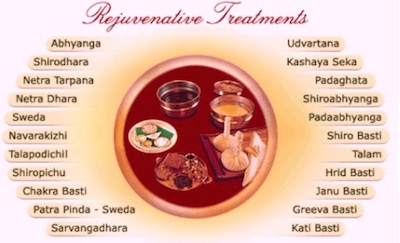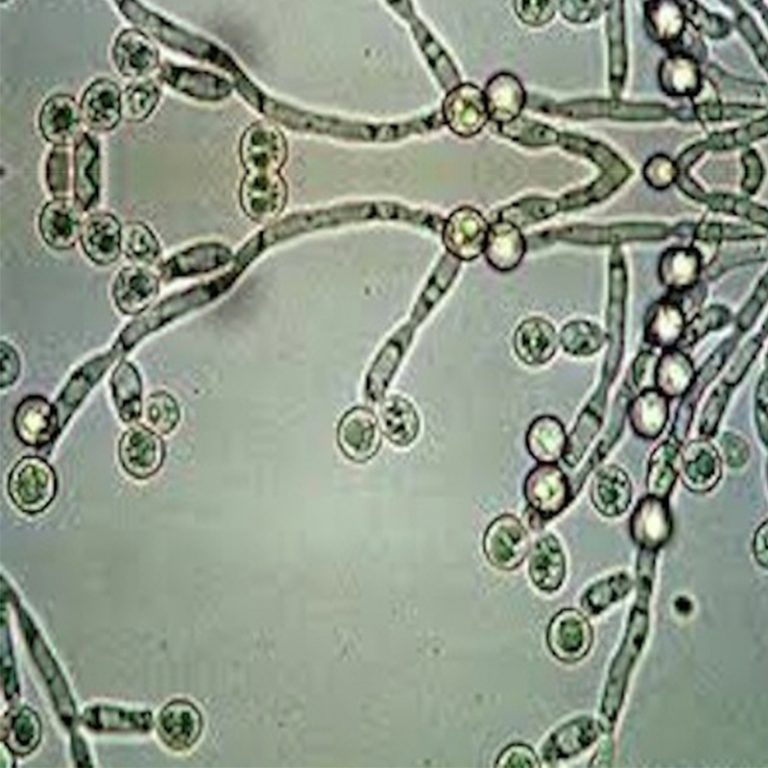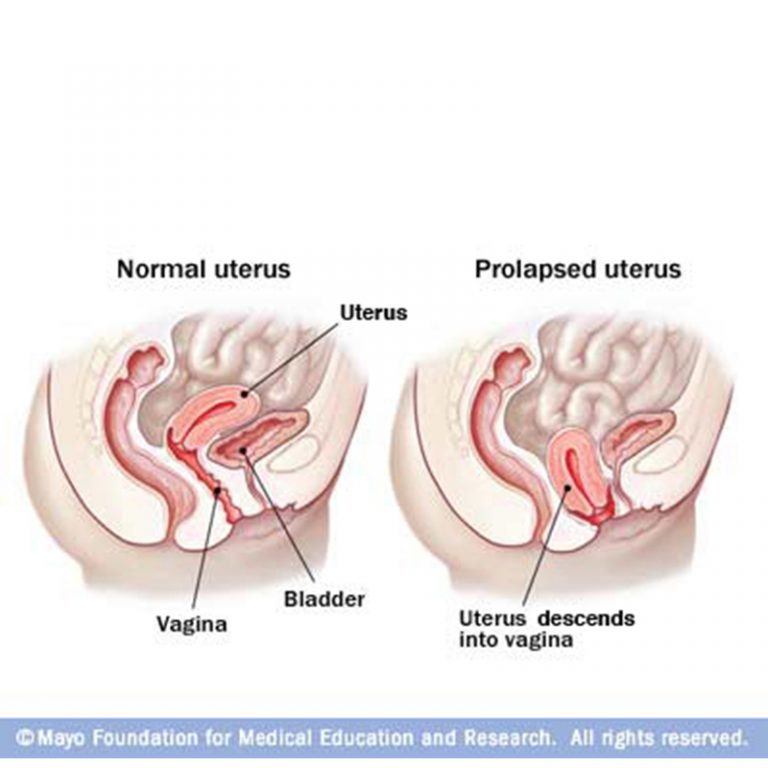Ayurvedic Treatment For Warts
A wart is a small, raised growth with a shape resembling a cauliflower. Most people have warts at some time in their life, and they are particularly common in young children. Typically they appear on the backs of hands, on the fingers, knees, and feet, although they may affect other parts of the body, for example, genital warts. They are rarely painful although they may occasionally be itchy. In most cases, they will disappear spontaneously but when they persist they are sometimes removed by freezing or burning. Unfortunately, these treatments often fail to have a lasting effect.
Orthodox medicine attributes warts to infection with the human papillomavirus (HPV). However, it seems most likely that they will only affect people whose immune system is compromised, or as in the case of young children, not yet fully developed. To such people, warts can be highly contagious.
 From an Ayurvedic point of view, warts are only likely to affect a person with low Pitta. There is a need to alkalize the system, but this cannot generally be achieved through an alkaline diet alone. The ayurvedic treatment for warts utilizes internal medicines that treat the immune system, the blood, and the liver. These are selected according to individual requirements. Special creams made from herbs may also be found effective.
From an Ayurvedic point of view, warts are only likely to affect a person with low Pitta. There is a need to alkalize the system, but this cannot generally be achieved through an alkaline diet alone. The ayurvedic treatment for warts utilizes internal medicines that treat the immune system, the blood, and the liver. These are selected according to individual requirements. Special creams made from herbs may also be found effective.
Patients often report the rapid disappearance of warts, particularly when internal medicines are used. Take a 10 minute free consultation and learn more about warts treatment in Ayurveda.
If you are looking for an Ayurvedic treatment for warts, reach out to YATAN Holistic Ayurvedic centre on 1300 552 260.
Types of Warts
Common Warts: These warts are rough, and generally grow on the fingers, hands, or around the nails. They have a cauliflower-like shape.
Plantar Warts: Plantar warts grow on the soles of the feet. They might cause discomfort while walking or running.
Flat warts: Flat warts are small, smooth, and flat-topped. They grow in large numbers on the face, backs of the hands, or legs.
Genital warts: Genital warts is a type of STD (sexually transmitted disease). These can grow on or around the genitals and require quick medical attention.
Periungual warts: Periungual warts typically grow around toe and nail areas they can cause discomfort and and may distort nail’s shape.
If you are dealing with any of the above conditions, reach out to us to get an ayurvedic treatment for warts.
Causes of Warts
According to Ayurveda, warts are likely to affect a person with low Pitta. However other causes for warts include weakened immunity, improper digestion and the accumulation of toxins (ama) in the body, lack of proper hygiene etc.
How to treat Warts?
When looking for wart treatment in Ayurveda, an Ayurvedic practitioner is most likely to find the root cause of warts and may suggest an alkaline diet. On further examination, an ayurvedic medicine made up of effective herbs and creams for topical application may be suggested.
Home remedies for warts
- Apply herbal pastes made up of neem, turmeric, and tulsi.
- Use castor oil compress.
- Application of aloe vera gel may help soothe irritation.
- Application of tea tree oil.
- Garlic juice could also be beneficial for common warts.
Please remember to consult an Ayurvedic practitioner before starting any remedies.
Frequently Asked Questions
Can Ayurveda cure warts?
Ayurveda provides holistic approaches to managing and eliminating warts by addressing the underlying dosha imbalances in the body. Herbal remedies and dietary changes may help an individual in removing warts.
What kills warts naturally?
Natural remedies like the application of turmeric, neem and tulsi paste or castor oil compression may kill warts naturally.
What is the fastest way to treat a wart?
The fastest way to treat a wart is to try the above-mentioned home remedies, and if the wart persists, visit an Ayurvedic practitioner.
What is the Ayurvedic term for warts?
The Ayurvedic term for warts is “Charamkeela”.
Can warts be cured naturally?
Yes, after a thorough examination of an individual and determining the dosha imbalances coupled with ayurvedic approaches, warts may be cured naturally.
What vitamin deficiency causes warts?
A deficiency in vitamins like vitamin C and zinc may most likely cause warts.
What is the main cause of warts?
The main causes of warts are severely low pitta, weakened immunity, improper digestion and the accumulation of toxins in the body.
Which plant is used to treat warts?
Ayurvedic approach may involve using neem plant or aloe vera plant in formulating treatment for warts.
What are the three types of warts?
The three types of warts are:
common warts,
plantar warts and
flat warts.
Each type has a distinct characteristic and location on the body.
Are warts serious?
Most warts are not considered severe health conditions, but they might be uncomfortable for an individual.

*Discover holistic healing with a complimentary phone or video consultation from our expert Ayurvedic practitioner. Start your path to better health today!*























